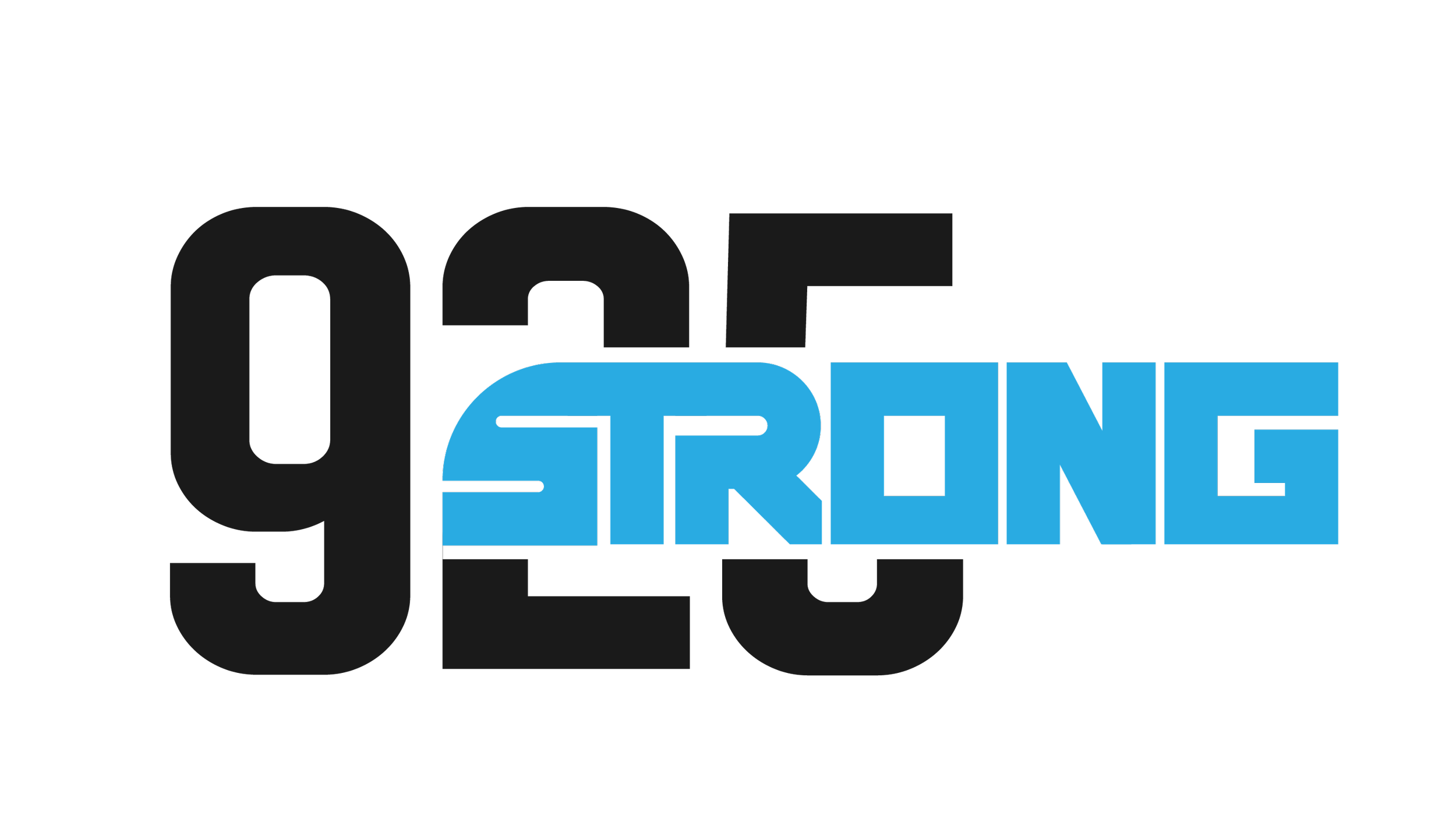Intensity
Intensity is a key for furthering our fitness. It signals to our bodies and minds that something needs to change and adapt due to the work that’s being asked of them. We can help our bodies start this process by varying movements, workout patterns and time domains, but without doing so with intensity, we’re missing out on a significant catalyst for positive change.
Everyone knows you need to work hard to get good results. You need to push yourself. And, you need to do things you aren’t super comfortable with. With CrossFit, we tend to do the uncomfortable, because we know it will pay off. We also know each time we do something uncomfortable, the less difficult it will be when we do it again. So, over time, we become far more capable and our bodies and minds are much stronger.
For most, when considering intense workouts, we think of the length of the workout, the weight moved, or the difficulty of movements. Those aspects are absolutely part of intense workouts, but they are relative to the person. A 70-year-old grandfather can get a similar intensity (and positive results) out of 10 minutes of lighter weights and simpler movements relative to his strength as a 25-year-old track athlete with heavier weights and more complicated movements. It’s all relative to your fitness level. We adjust each workout to fit our clients so they will benefit the most.
One other aspect of intensity many don’t think of is the mental portion. We all have lives beyond exercise. Those lives are full of other responsibilities, relationships, stressors, and many unknowns. Each day when you walk into the gym, you bring a certain level of mental capacity with you. Depending on the type of workout, or even the temperature outside, you only have so much intensity you can bring to the table.
Understanding your effort level as it relates to your mental state is a huge part of a sustainable healthy lifestyle.
If you know you didn’t get much sleep last night and its 106F outside, you should adjust the level of effort you put into the workout that day. And, you shouldn’t feel bad about going a bit slower or lighter as you adjust. Your coach should know you well enough to encourage you to make this decision because it will not only provide a better workout, but it will help you burn more stress and feel far better after you’re done than if you’re trying to give an effort level you don’t have.
Yes, there are times in life where you need to bring every ounce of intensity you have to a situation, and I encourage you do to so. Mental fortitude is a wonderful asset and strength. But, in training, you need to know when to dial back a bit to get the most out of your workouts. Being able to regulate the intensity you bring to situations is a wonderful skill.
Balancing your intensity will allow you to come back more regularly, enjoy the process, and have the capacity to bring a high level of mental strength to any situation when needed.
